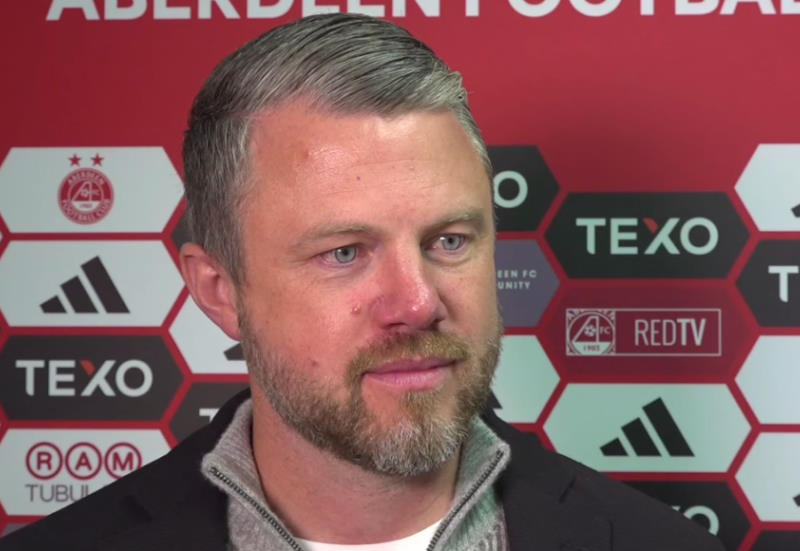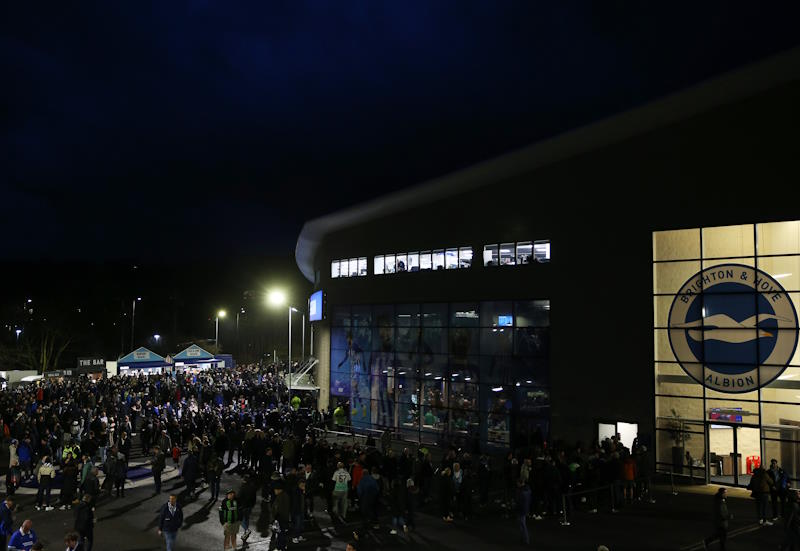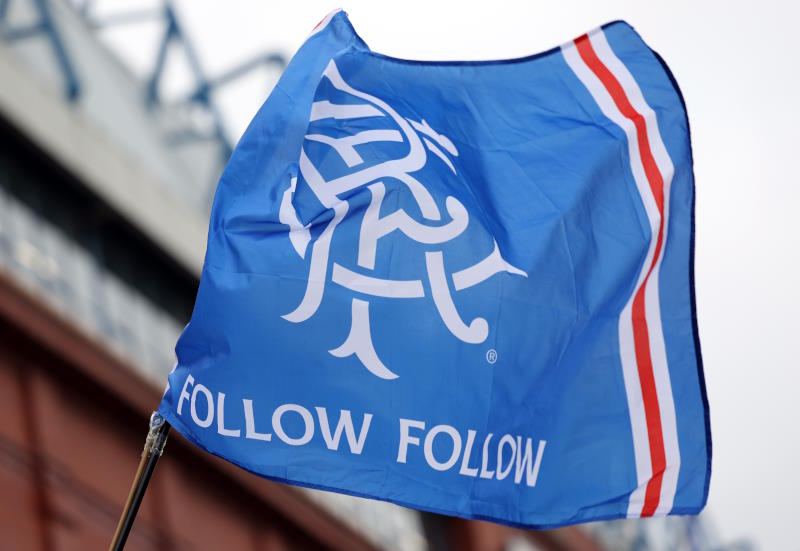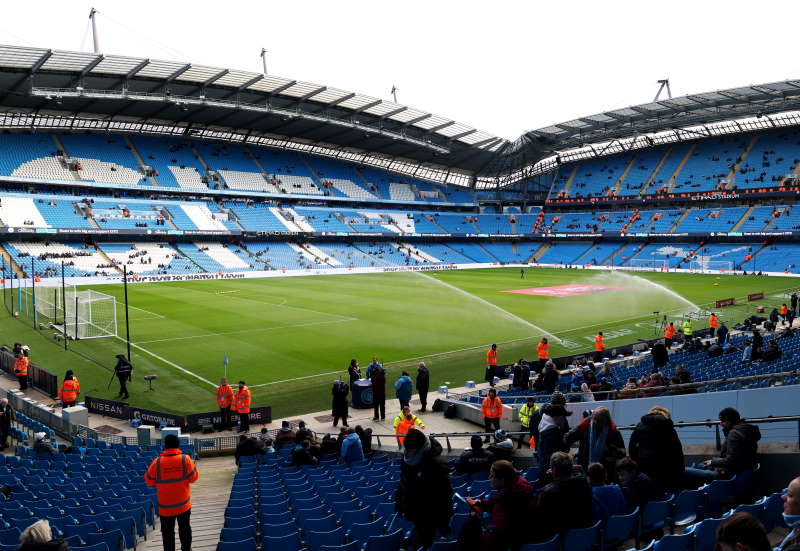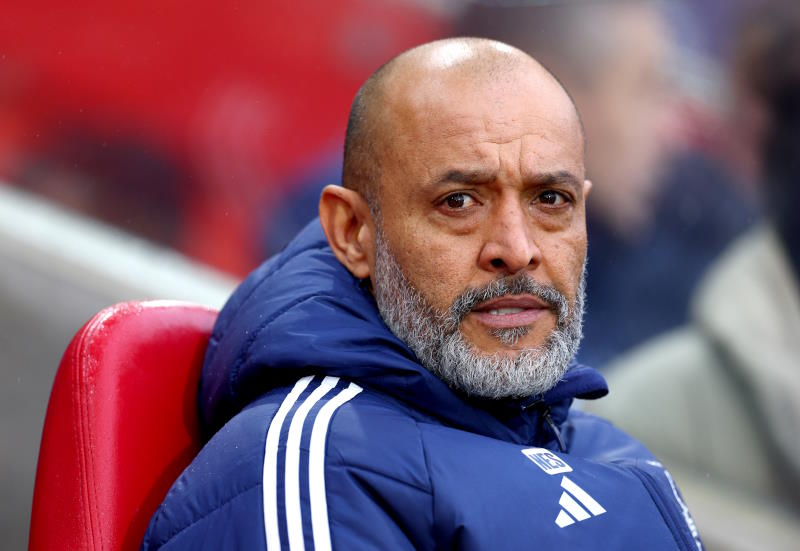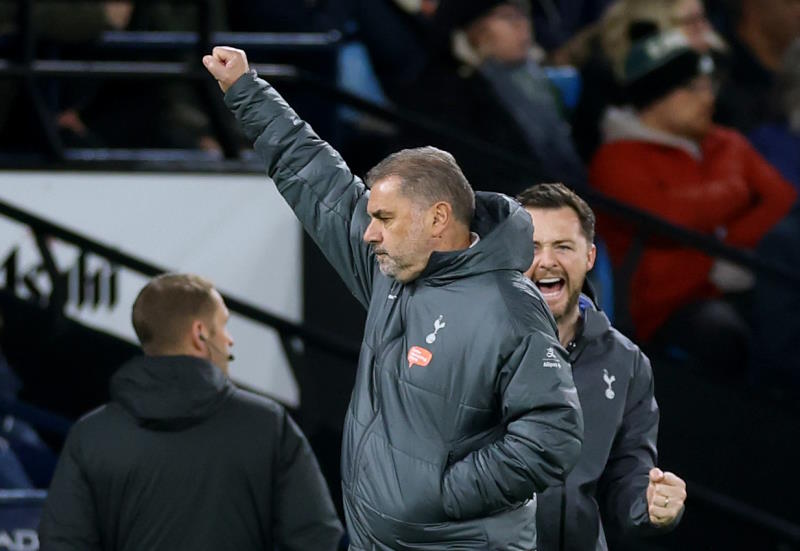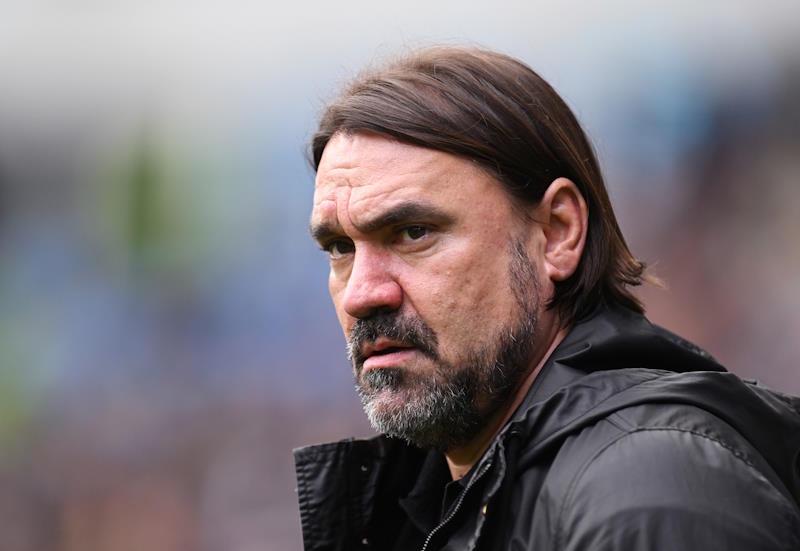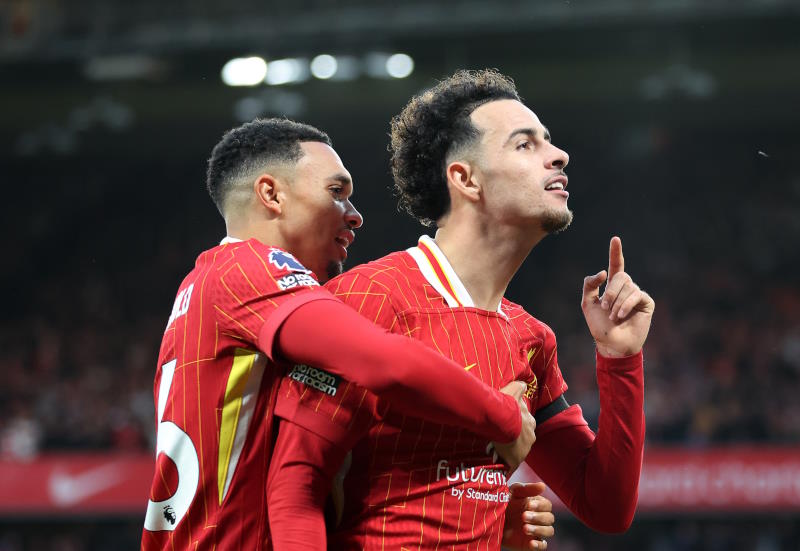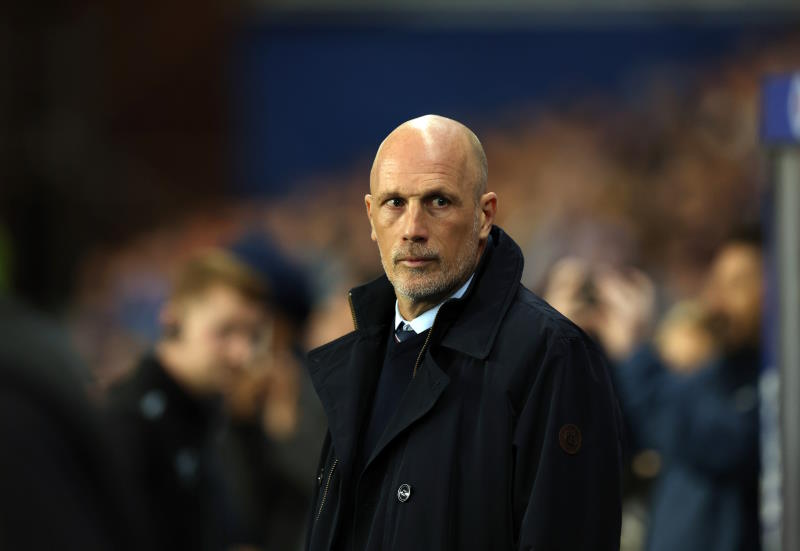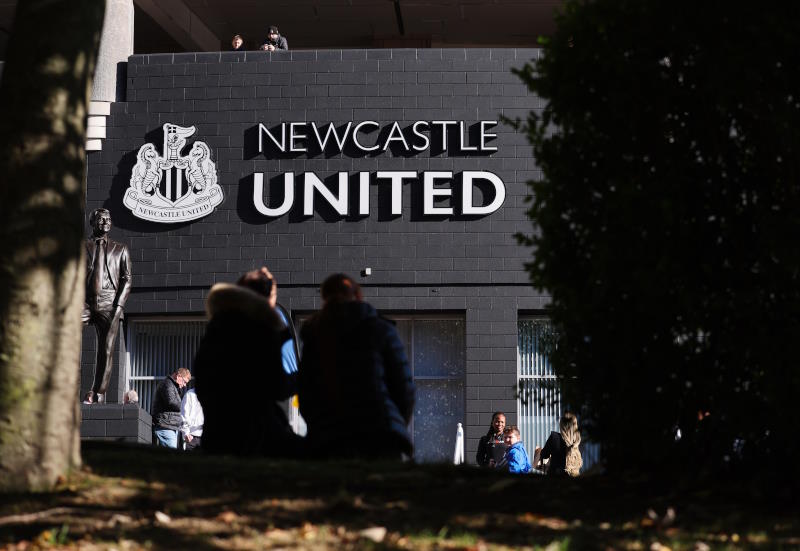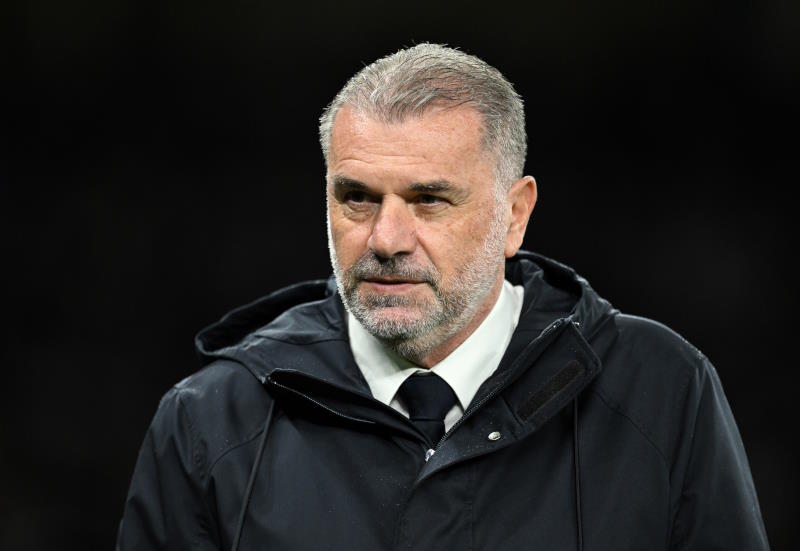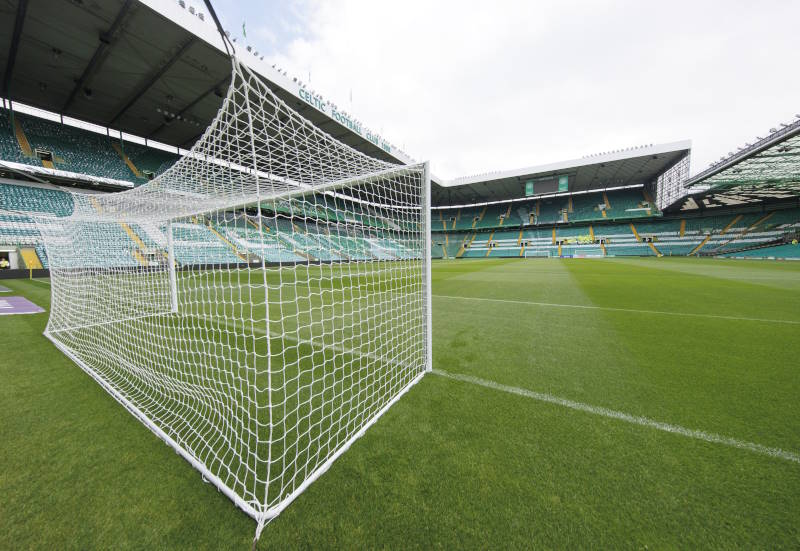
Argentine Football Association (AFA) President Julio Grondona still hasn’t sacked a national team coach, or at least that was the message coming very clearly out of the headquarters of the country’s governing body after a meeting in which it was decided that Sergio Batista should step aside following the Albiceleste’s disappointing Copa America. Whether or not it was termed it a sacking – most people would be inclined to believe it was – the result was the same: Argentina were in need of a new coach.
As always, immensely successful former Boca Juniors and Velez Sarsfield coach Carlos Bianchi was one of the first names linked, but his less than amicable past interactions with Grondona quickly put him out of the running. Outgoing Paraguay boss Gerardo Martino was thought to be in contention, but from the moment Batista’s departure was announced there was one candidate who was clearly the AFA’s first choice, and that was Alejandro Sabella.
Outside Argentina Sabella will be familiar to English supporters from his spells as a player at Sheffield United and Leeds United in the late 1970s/early 1980s. Despite being involved in River Plate’s squad during various mid-1970s successes his only real concrete achievements as a player came at Estudiantes, with whom he won two Argentine league titles in 1982 and 1983.
It was also at Estudiantes that Sabella launched his coaching career. An assistant to Daniel Passarella for 15 years, including Passarella’s time in charge of the Argentine and Uruguayan national teams, he stepped out of El Kaiser’s shadow to take charge of the La Plata club in March 2009. When he arrived, Estudiantes were in danger of elimination from the Copa Libertadores. Sabella quickly masterminded an incredible turnaround in fortunes, securing qualification from the group stage before taking his ever-improving side all the way to the final, in which they defeated Cruzeiro of Brazil 2-1 on aggregate.
It was a spectacular introduction to life in the dugout, but the way in which Sabella went about his work on the training field was far more subtle than his impact on the pitch. A methodical thinker, who motivates his players through displaying and applying his knowledge rather than engaging in theatrics, Sabella gained a reputation as a low-key figure who is happy for his team to do the talking for him.
Estudiantes ran European Champions Barcelona very close in the final of the 2009 Club World Cup, denied by a late equaliser and an extra time winner. Defeat to eventual winners Internacional in the quarter-finals, for which Sabella had to take his share of the blame after some poor tactical decisions, curtailed the club’s hopes of defending their Copa Libertadores crown, but success in the 2010 Argentine Apertura went some way towards easing the pain.
It was a surprise, therefore, when Sabella tended his resignation in February 2011 following a disagreement with the board over the club’s transfer policy. He had seen a number of his most important players sold and was disappointed that more of the money was not being reinvested into the team. Considering that the 56-year-old had turned down a pay rise when his contract was renewed in 2010 in order to provide more funding for transfers, his frustration was probably justified.
Tactically, Sabella tends to favour a 4-4-2 or 4-4-1-1 formation, with full-backs and wide midfielders encouraged to dovetail – Clemente Rodriguez and Enzo Perez struck up a particularly good relationship on the right in their time together at Estudiantes. The new Argentina boss usually employs a target man centre-forward alongside either a second striker who likes to drift into wide areas, or an attacking midfielder who generally remains in central areas.
Despite his preference for a four man defence, he has also experimented with three central defenders at times, especially during Estudiantes’ successful 2010 Apertura campaign, showing a tactical flexibility that is likely to serve him well in his new role. “I have no inclination towards any one system,” Sabella told an Argentine newspaper in 2010. “My goal is simply to realise the potential of my players.”
Any reassertion of such aims will be taken with a healthy dose of scepticism by an Argentine public still reeling from Batista’s failed attempts to release the potential of Lionel Messi by copying the system in which he is so successful for Barcelona at club level. Providing a framework in which Messi can shine will be Sabella’s primary concern, but he will also be aware of the need to refresh an ageing defence and to bridge the gap between midfield and attack that was all too stark during the Copa America.
But Sabella doesn’t just inherit an under-performing senior national team; the problems in the Argentina set-up lie much deeper than that. The installation of Carlos Bilardo to oversee national team affairs in 2008 didn’t just lead to the failed appointments of Batista and before him Diego Maradona, but also saw similarly inexperienced coaches employed to lead the Under-17 and Under-20 teams, with predictably poor results.
The recent comments of Uruguay coach Oscar Washington Tabarez, in which he claimed he simply copied the formula created by former Argentina youth and senior national team coach Jose Pekerman in setting Uruguay’s youth policy, will have riled Argentines frustrated at the mismanagement of their own youth categories since the resignations of Pekerman and his colleague Hugo Tocalli.
Rumours abound that Marcelo Romano, currently head of Velez Sarsfield’s youth categories, could be brought in to oversee the national youth set-up, communicating closely with Sabella to establish a firm identity from senior level down to the Under-15s. Romano supervises a Velez youth system that has produced the likes of Nicolas Otamendi, Jonathan Cristaldo and Ricardo Alvarez in recent years and would therefore appear to have the requisite experience and skills to excel in such a role.
For Sabella though, it is the results of the senior national team on which he will primarily be judged, at least in the short term. The new coach has three friendlies to bed himself into the position before Argentina’s qualification campaign for the 2014 World Cup kicks off at home to Chile on the 6th October. There are sure to be concerns that the former Estudiantes man has only coached one club and thus has not proved himself in a variety of situations, but considering his previous experience as assistant to Passarella and the way in which he goes about his work, Argentines can be fairly optimistic for the first time in three years.

